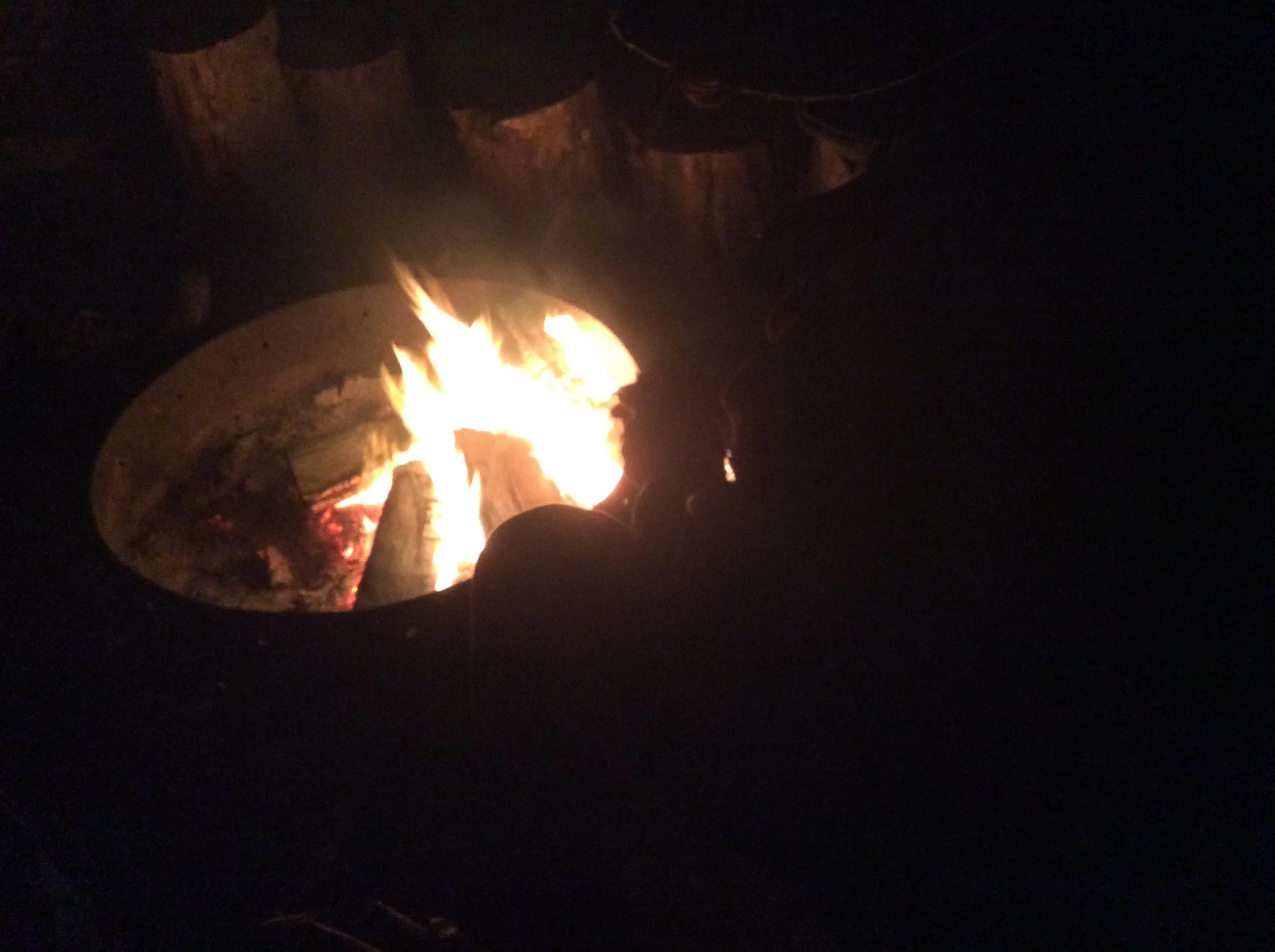Natural rights
/I wonder how our great grandchildren will come to name this era we have been in. Perhaps it will be known as The Great Separation, The Age of Addiction or maybe The Long Coma.
One day it may seem incredible to us that once the earth had no legal rights.
I wonder if it will be a bit like the way we now look back at the days when slavery was natural, when it was considered legal and legitimate for some human beings to be bought and sold as property; an uncomfortable time belonging far away from us. Or that it was once acceptable to consider women as property, or legal to force children up chimneys?
It may seem extraordinary that because of our commitment and addiction to economic 'growth' we turned our backs as entire forests were razed to the ground for instant profit. That under our watch, clean rivers turned black and blazed with oil. That we continued to plunder the oceans of fish without mercy. That we only considered land in terms of property and ownership. That we did all this, even though we were strangling our own lifeline, and all while two hundred natural species were quietly disappearing from the earth every single day.
If we kept a minute silence in memoriam for each one of those unique and intricate species of plants, insects, birds and mammals, we would need to be silent for three and a half hours every day.
Perhaps there will be a time, how I hope that such a time comes soon, when we will respect the right to clean water for all humans, no matter the colour of their skin, and think not only of animals' and plants' right to clean water, but of the legal right of the water itself to remain pure, the way it was created.
Following Trump's executive order to expedite the Dakota pipeline, this week the army corps swept to one side the environmental impact study, a lengthy process initiated by the Obama administration in December, a study which was to have examined in depth the impact the pipeline would have upon the land, the water, the wildlife and the people in the region. Suddenly there is 'no cause for any additional environmental analysis,' as a senior army corps official said. Drilling under lake Oahe now proceeds and it is projected that oil will be flowing through the pipe within 90 days.
This is such a blow to the heart of those protecting the water at Standing Rock, and to everyone around the world who cares. The grief is profound and yet there is no time to be paralysed by it. The tribe prepare to legally challenge the easement and the suspension of the environmental impact study. Actions are being prepared all over the United States. Veterans willing to shield the water protectors from military force are on their way out to Standing Rock and are being welcomed by LaDonna Brave Bull Allard. Their presence will be particularly valuable as the army corps have declared that they will be evacuating the camps on February 22nd. Meanwhile bills across the country are being introduced to further criminalise peaceful protesting, including one making it legal to run over and kill protestors with vehicles on highways in North Dakota, so long as it be 'accidental'.
When people concerned about President Trump were asked which words they associated with him, these were the most common: dangerous, reckless, bigoted, narcissistic and unstable. While continuing to recognise him as my relation (see my last post!) I would agree with all these descriptions. However, if I move the focus from him as an individual and consider what he might represent, I think it gets more interesting. If one were to roll up this recent era of industrialism, colonialism, patriarchy and capitalism and turn it into a symbol, one might very well come up with a cartoon of a white, wealthy, misogynistic and racist businessman who lives in a golden tower, a selfish bully who puts immediate profits before the needs of future generations.
How have we, the colonising people of this world behaved; those people who were themselves colonised, who became separate from nature? How do we continue to behave? How would the first contact of white settlers have appeared to the Native Americans or to indigenous people all over the world? How might orangutans, tigers and elephants describe human beings if they spoke our language? What might a clean river have to say about our actions? How about dangerous, reckless, bigoted, narcissistic and unstable?
Thankfully, people are waking up individually and nationally. Both Ecuador and Bolivia now legally recognise the rights of Nature in their constitutions. Other countries are also working towards this. Xiuhtezcatl Martinez, a teenager from Colorado, who has been an activist since he was six years old, is one of a group of young people suing the US Government over their lack of action on climate change, arguing that it is so catastrophic to their future that it threatens their fundamental constitutional right to life and liberty. It is significant that in November 2106, a federal court rejected the government's request to reject the case. These are signs that in the midst of these last violent throes of the dying fossil fuel industry, in addition to a creative swell in green, clean technology, a new way of relating to Nature is beginning to emerge.
It may be that these days will be known as the Age of Awakening or the Era of Remembering.
The Missouri River
For those wanting to support Standing Rock, my recommendation is to contribute to the Lakota People's Law Project, which supports the 700 + water protectors facing trial and will provide board and lodging to the out of state lawyers working pro bono.
https://www.facebook.com/search/top/?q=lakota%20people%27s%20law%20project

























